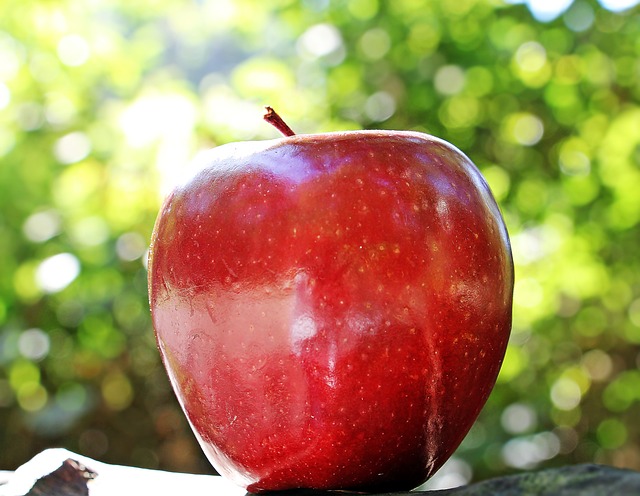Beyond Yogurt: Exploring Unconventional Ways to Incorporate Probiotics in Your Diet
Probiotics are live bacteria and yeasts that are good for your digestive system. While many people are familiar with the benefits of consuming probiotics through yogurt, there are also several unconventional ways to incorporate these beneficial microorganisms into your diet. In this blog post, we will explore some unexpected sources of probiotics. Let’s dive in!
Fermented Vegetables
Fermented vegetables, such as sauerkraut and kimchi, are not only delicious but also rich in probiotics. The fermentation process creates an environment in which beneficial bacteria can thrive. These bacteria then help to break down the sugars and starches in the vegetables, making them easier to digest. Including a serving of fermented vegetables in your meals can help promote a healthy gut and boost your immune system.
Kombucha
Kombucha is a fermented tea beverage that has gained popularity in recent years. It is made by fermenting sweetened black or green tea with a culture of bacteria and yeast called a SCOBY (symbiotic culture of bacteria and yeast). The fermentation process produces probiotics, B vitamins, and other beneficial compounds. Incorporating kombucha into your diet can be a refreshing way to consume probiotics while simultaneously enjoying a flavorful beverage.
Miso
Miso is a traditional Japanese seasoning made by fermenting soybeans with salt and the fungus Aspergillus oryzae. This process results in a thick paste that can be used to flavor soups, marinades, and dressings. Miso is not only a great source of probiotics but also provides essential vitamins, minerals, and antioxidants. Adding miso to your meals can enhance the overall nutritional value while contributing to a healthy gut.
Tempeh
Tempeh is a soy-based food originating from Indonesia. It is made by fermenting soybeans with a starter culture and forming them into a firm patty. Tempeh is a popular meat substitute and boasts a rich nutritional profile. It contains probiotics, fiber, protein, and various vitamins and minerals. Including tempeh in your diet can be an excellent way to enjoy a plant-based source of probiotics.
Apple Cider Vinegar
Apple cider vinegar has been used for centuries due to its potential health benefits. It is made by fermenting the sugars in apples with yeast and bacteria, turning them into acetic acid. While apple cider vinegar is not a direct source of live probiotics, it is a prebiotic, which means it provides nutrients that help the growth of beneficial bacteria in the gut. Incorporating apple cider vinegar into your dressings or marinades can support a healthy gut environment.
Conclusion
Beyond yogurt, there are numerous unconventional ways to incorporate probiotics into your diet. Fermented vegetables, kombucha, miso, tempeh, and apple cider vinegar are just a few examples of delicious and nutritious sources of probiotics. Experiment with these options and find what works best for you. Remember, maintaining a healthy gut is vital for overall well-being, and incorporating probiotics into your daily routine is a fantastic way to support it. Happy experimenting and bon appétit!







